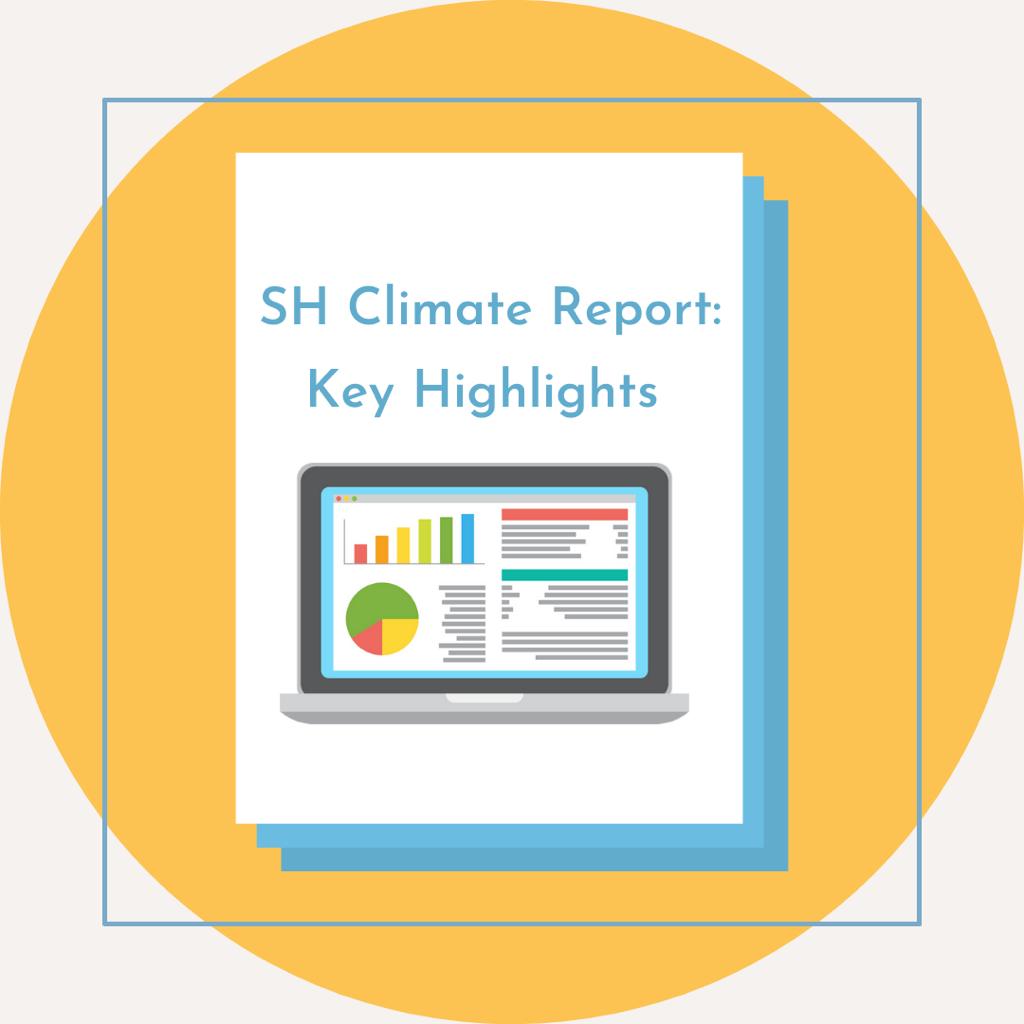Ashoka is Stateless. This is How:
By Arya Shukla (UG ’23) and Soumil Agarwal (UG ’23) A Recap of the Events Leading

By Hanish Srinivasan (MLS ’22) and Vedaansh Uberoi (UG ’23)
The Report On Ashoka University Sexual Harassment Climate Survey, an undertaking of the CASH Policy Research team, hit the inboxes of all the students and alumni on 23rd July 2021. It enumerates data on the prevalence of SH at Ashoka, raising the question — how likely is a student to face sexual harassment at Ashoka?


The survey, launched via the SurveyMonkey platform, was administered only to the batches of UG 2022, UG 2021, UG 2020, and ASP 2020 due to logistical reasons (between August 26th and October 17th). However, it raises important questions for the remaining cohorts of Ashoka, the survivors, the alleged perpetrators, and incoming batches while also addressing the effectiveness of redressal.


After the report was published, an open town hall was held on the 27th of July where the student body had a chance to interact with the CASH Policy Research Team. The report, its findings, limitations and recommendations were enumerated, several pertinent questions were raised and, most importantly, the way forward was discussed. When asked about the relationship between substances and SH, the team came short of an answer and highlighted the need for the next iteration of the report (perhaps 2 years from now) an administration-led initiative. While talking about the limitations, Thejashri (ASP 21) — a CASH Policy Research Team member along with Akila Ranganathan (alumni, ASP 21), Riday Chokshi (alumni, ASP 21), Sukanya Janardhanan (alumni, UG 19) and Rithupar Pathy (ASP 22) — emphasised the need for further iterations of the report in order to include the remaining cohorts.
Yet, despite these limitations, there are key takeaways that should be of pressing concern to the student body and the administration. The findings establish the prominence of SH across batches, among women, men and non-binaries. In the report, the trust deficit with the CASH (95% respondents did not report), a UGC mandated committee, is also made apparent. In addition, ambiguities of certain provisions of the CASH policy, especially regarding the confidentiality and protection of witness and complainant, and the ‘cursory’ value of the CASH workshops were also disconcertingly obvious.


Amidst the numerous accusations, allegations, disbandments and resignations of last year and this year, all owing to SH, the report and the town hall underline the need for such a report. The Team, despite having drawn from similar exercises from universities across the world, was transparent about their lack of experience in surveying and laid bare the shortcomings of the report and yet, the SH Climate Report, perhaps the first of its kind in India, remains a comprehensive document that Ashoka needs to lean on in order to better forge a space, both offline and online, that can be weeded off SH.